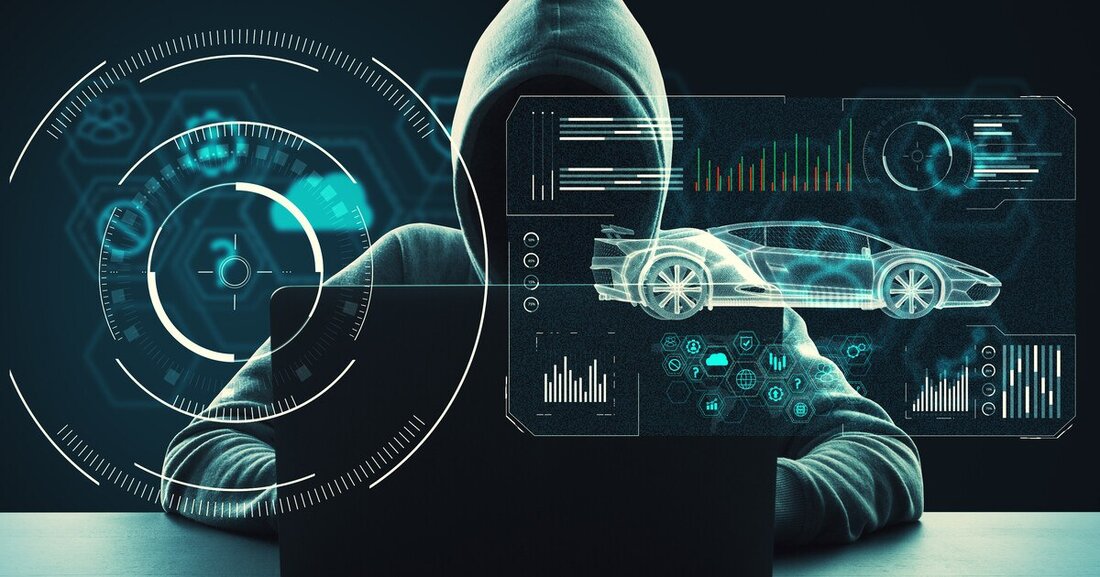Allianz Insurance warns of hacker attacks on connected cars
There will be no way around connected cars in the future; after all, they offer numerous advantages. However, hackers see it the same way. This is exactly what Allianz is doing.

Allianz Insurance warns of hacker attacks on connected cars
“In addition to the logistics and energy sectors, the connected car could become one of the main targets of internet crime in the future,” emphasized Allianz board member Klaus-Peter Röhler on the occasion of the Allianz Autotag, which was held as an online conference for the first time this year. The number of connected vehicles in Europe is increasing rapidly - there were 37 million cars in 2018
It is expected to be around 110 million in 2023. Accordingly, the risk scenarios that can arise from cyber attacks are growing: from digital vehicle theft to the risk of accidents following hacker attacks to blackmail following a hostile takeover of the vehicle control system.
Accidents following cyber attacks are insured
“If an accident occurs after a cyber attack in which people are injured or vehicles are damaged, as well as other property damage, Allianz provides insurance cover for this,” explains Christoph Marek, board member of Allianz Austria: “Damage to third parties is covered by motor vehicle liability insurance, and damage to one’s own vehicle is covered by fully comprehensive insurance.” If a hacker attack makes it possible for the vehicle to be stolen, this is also covered by fully comprehensive insurance, but also by partial comprehensive insurance. The responsibility for preventing hacker attacks on the car manufacturer's digital platform and the resulting vehicle malfunctions lies with the manufacturer itself.
Virtual car key problem
The Allianz security experts believe that the “virtual car key”, the convenient way to open and start the car via smartphone, is also a new risk factor. Customers must be able to trust the virtual key - because no one will send their smartphone to the insurer in the event of a vehicle theft. This means that the key cannot be copied and, in the event of a car theft, you need a transparent overview of who was authorized to use which key and when. To this end, it is important to strictly separate the data environment of the key from other applications, to separate the access authorization from the driving authorization and to create a possibility to immediately revoke all granted driving authorizations in the event of theft.
Bundling competencies to defend against hacker attacks
Given the challenges facing industry and the insurance industry in dealing with hacker attacks, Allianz called for a European solution for a cross-industry “Automotive Security Information Center”. This should be prepared for IT security threats through bundled competencies in the field of mobility and contribute to successfully dealing with them.
Cyber attacks should also be recorded by an independent data trustee without personal information and in compliance with data protection regulations in order to improve the necessary evidence and protection mechanisms and avoid future damage. “We are dealing with a threat that does not stop at company or national borders, and we are convinced that such a center must bring together data and competencies from various institutions, including government authorities, vehicle manufacturers, automotive suppliers, telecommunications operators, research institutions, repair companies and insurers,” said Röhler.

 Suche
Suche
 Mein Konto
Mein Konto